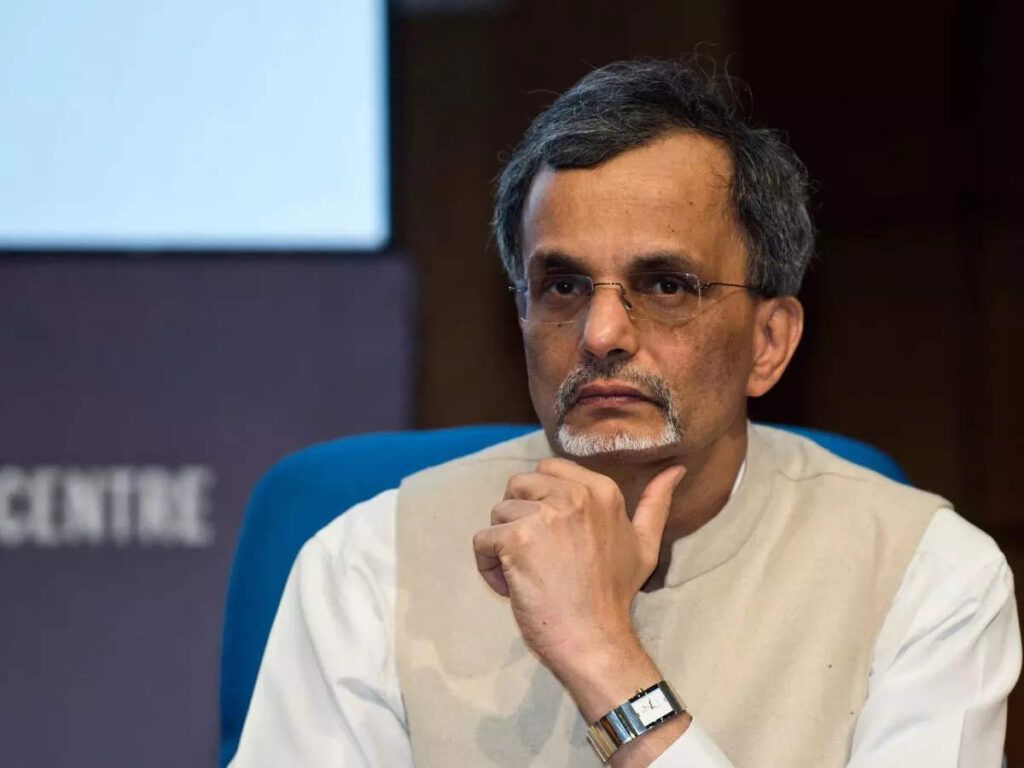NEW DELHI: India is “better prepared” this time around for Donald Trump’s return to the White House, chief economic adviser (CEA) V Anantha Nageswaran said on Wednesday, cautioning against any “kneejerk reaction” to the current bout of stock market volatility.
The CEA was in conversation with economist Prachi Mishra at the ET India Ascends event.
While capital has flooded into the US markets over the past week in the aftermath of Trump’s victory, “I’m not entirely sure that this will sustain over a very long term,” he said. “Because even before this election happened, US stocks were somewhat elevated in valuation, etc., and the Federal Reserve is cutting interest rates. So I think we can give some time for the financial markets to take a breath….”
The surge of funds into the US has sucked out capital from several markets, especially emerging ones. The Sensex shed 1.25% on Wednesday to close at 77,691 points but it’s still higher than the early June level.
The CEA hoped for a broad policy continuity in the US, given that Trump’s programmes from his first term had been largely followed by the Joe Biden administration but indicated that India is gearing up for any possible changes.
“We are doing our homework and preparing ourselves to anticipate what would come in terms of trade policies, etc., and then we will respond as and when they materialise,” he said. But “we better wait for concrete initiatives coming from their side” before prematurely responding to hypothetical questions on India’s possible reaction.
To take advantage of any shift in global supply chains away from China, due to likely American policies under Trump, will require an “expansion of the imagination” so that India emerges as an “equally viable, scale-based alternative” to be able to draw massive investments. “We need to think on a global scale,” he said.
During the course of his campaign, Trump had proposed a 60% extra tariff on American goods imports from China, at least three times the levy on others.
Nageswaran said the next Economic Survey, presented ahead of the February 1 budget, would focus on deregulation across sectors. For businesses to scale up manufacturing, a great deal of deregulation is required, he said. “But this (scaling up) has to be our focus area…We talk about making it easier for foreign direct investment, etc. But the reforms that we need are the ones that will make it easier for our small enterprises to become medium and for our medium enterprises to become large,” he said.
Source: The Economic Times

 CPSE Capex Down 8 Per Cent In April-October
CPSE Capex Down 8 Per Cent In April-October 